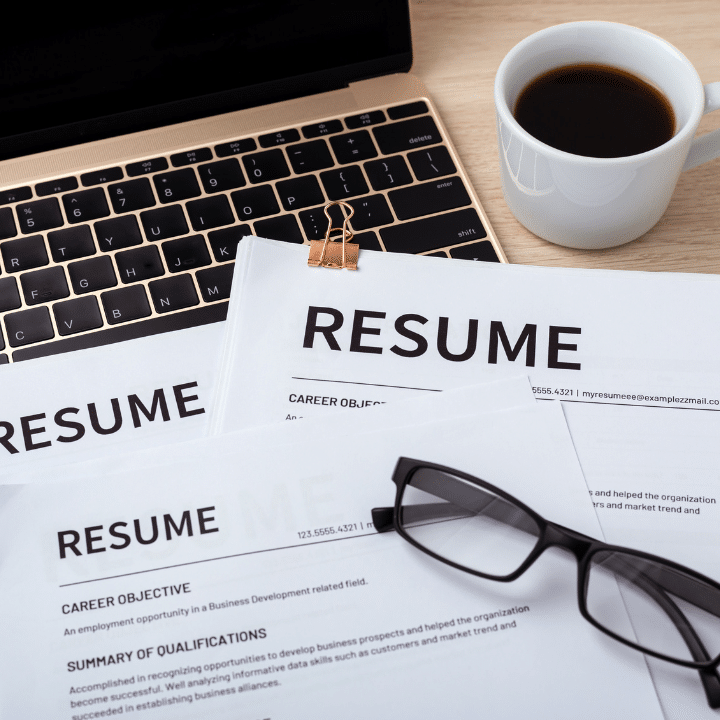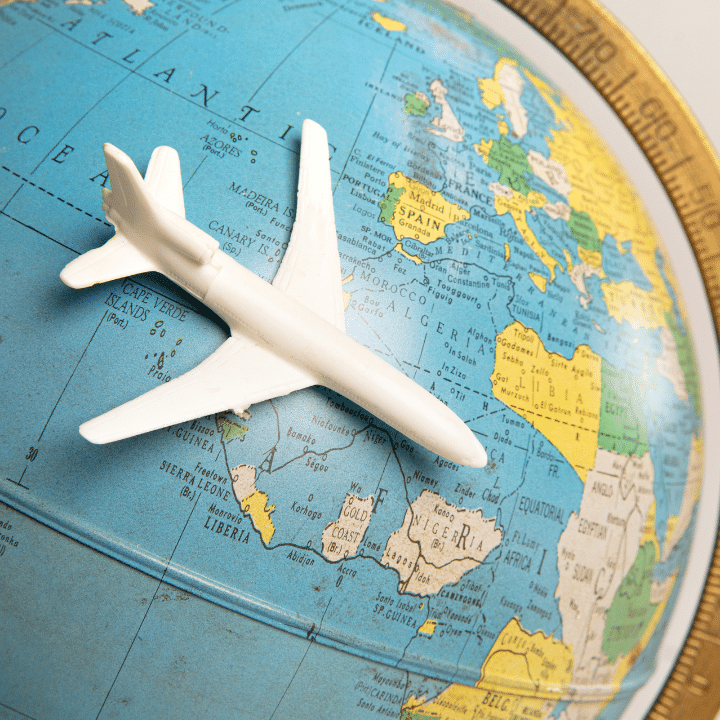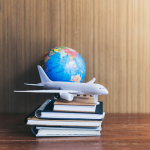
Traveling around the world is not merely about collecting passport stamps. Instead, it is a unique opportunity to acquire various skills and experiences. Leveraging your travel on your resume can transform it into a dynamic one.
While it might seem impossible, gathering your travel history to present it coherently on your resume can be a rewarding experience. Traveling amidst unfamiliar cultures, collecting stories, and learning new languages can all be assets. This article will discuss leveraging your travel journeys and using them to craft a resume.
The Power of Traveling

Before diving deeper into the resume aspect, let us discuss the importance of travel for individuals. It becomes exceptionally fundamental for students. Not only is it critical to expose oneself to unfamiliar environments, but it allows people to explore different cultures and traditions.
However, as a student, you might look to hire your own writer. You can find a website that writes essays for you to take off the load while traveling. Accessing custom-tailored help with essays provides you with a margin to explore different cities and countries freely. This way, you can gain some independence as you gain a deeper cultural understanding.
After accessing an essay writer, why should you travel? It goes without saying that the memories and relationships you build are invaluable. However, you also meet a myriad of people from diverse backgrounds. This pushes you to convey ideas and connect with others through non-verbal cues, gestures, and basic language skills. That is especially true if you travel internationally to countries that do not speak your native language.
Crafting a Journey-Infused Resume

If you want to explore how to include travel in your resume, know the first step is creating a story that resonates and has a captivating narrative. This section delves into the art of turning travel adventures into stories.
The power of experiential storytelling
Rather than just listing job responsibilities and achievements, you can craft compelling anecdotes. These can highlight your experiences, challenges, and lessons learned. Use the following two tips:
- Narrate how navigating the streets honed your problem-solving skills. You can also explain how connecting with locals improved your communication.
- Bullet points might be the norm, but attempt to go beyond them. Describe your hike up a mountain trail and how it showcased your determination, commitment, and ability to tackle challenges.
Transforming travel into skills
You might believe your travel is all about creating memories. Yet, they often offer invaluable skills you cannot gain in other ways. Showcase your ability to adapt, learn, and thrive through:
- Each interaction in a different culture is an immersive experience. Discuss your negotiation in a bustling market or how you navigated a foreign transport system.
- Travel rarely goes as you planned. Describe how you dealt with language barriers or detours on your journey.
Cultural intelligence as a global asset
Highlight your ability to understand, appreciate, and work with people from different cultures. Consider:
- Embrace diversity by discussing how you navigated cultural nuances and adapted to different situations.
- List your language skills on your resume. Frequent travel often enables you to learn basic levels of different languages, which might be helpful in a work setting.
How to Weave Travel Experience Into Your Resume

The benefits of travel are extensive. Not only does it make you more creative, but it has been proven that it makes you happier. Now, listing travel experiences as personal skills for resume does not have to be complicated. Here is how to add travel to your resume professionally:
- Consider adding a “Travel Experience” or “International Exposure” section to your resume.
- When listing your travel experience, use a consistent format. It should include location, duration, purpose of travel, and key takeaways.
- Showcase the skills that you acquired. The limit is endless. Some include adaptability, communication, and cross-cultural understanding.
- Focus on the quantifiable. Did you complete a language course? Did you volunteer? Did you possibly contribute to a project?
- Explain how you immersed yourself within the local cultures. This shows a willingness to step outside your comfort zone.
- The whole point of listing travel experiences should be showcasing learning and growth. Explain how you overtook obstacles, broaden your perspective, and developed professional skills.
- Tailor your resume’s travel section according to the industry. If you are applying for a creative position, emphasize the cultural aspect. However, if you are going for a leadership position, focus on the projects and adaptability aspects of your journeys.
In a nutshell, you can utilize your travel experience uniquely. It doesn’t boil down to only creating memories. Leveraging your travel on your resume is a great way to showcase various skills and experiences. These will highlight your creative and adaptable side.
Once you attempt to add your travel to your resume, remember to focus on the lessons and challenges you went through. List how you overcame the language barrier, the languages you learned, and the cultures you explored. The more diverse the skills, the better off you are!
What do you think? Are you ready to start leveraging your travel on your reume? Leave us a comment below with the travel experience you think most deserves a place on your resume.














